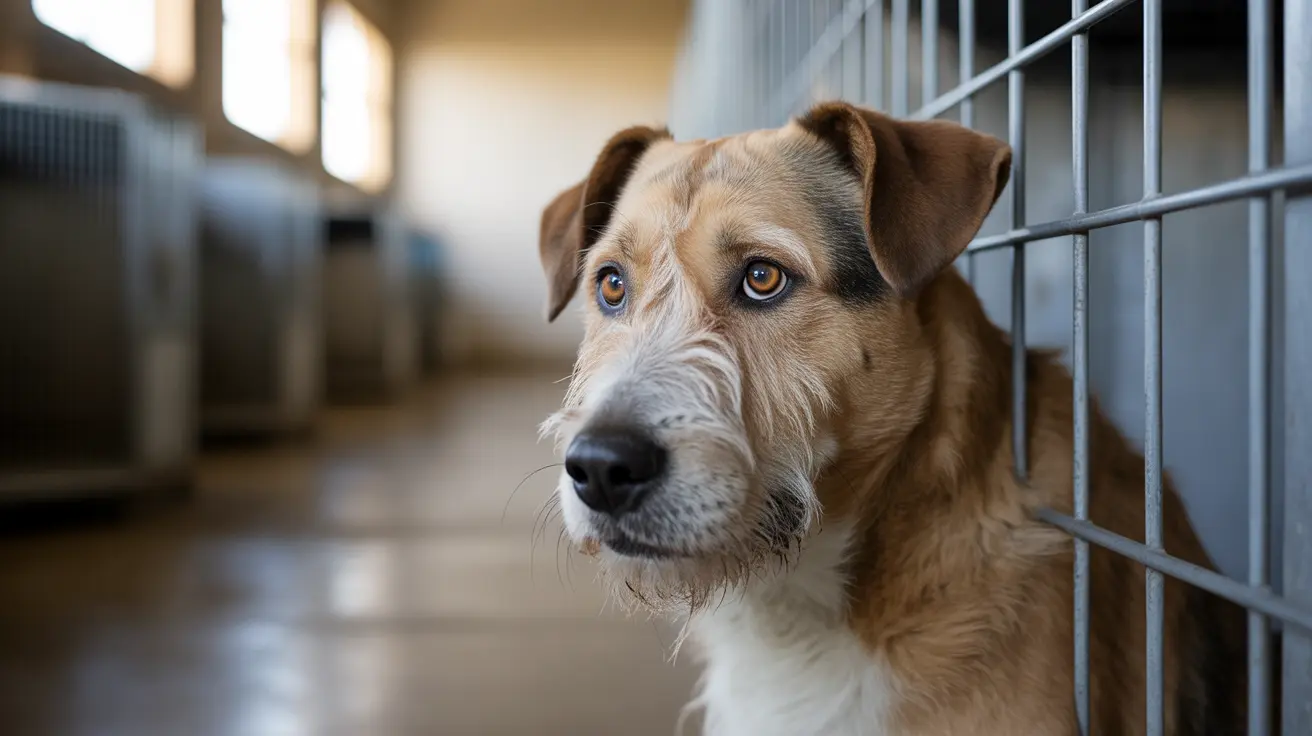As a pet owner, dealing with digestive issues in dogs can be both concerning and challenging. These gastrointestinal problems can range from mild upset to severe conditions requiring immediate veterinary attention. Understanding the signs, causes, and treatment options is crucial for maintaining your dog's digestive health and overall well-being.
In this comprehensive guide, we'll explore everything you need to know about digestive issues in dogs, from identifying common symptoms to implementing effective treatment strategies and preventive measures.
Recognizing Common Signs of Digestive Problems
Dogs experiencing digestive issues often display various symptoms that can help you identify the problem early. The most frequent indicators include:
- Vomiting (with or without yellow bile)
- Diarrhea or loose stools
- Loss of appetite
- Lethargy and decreased energy
- Abdominal pain or bloating
- Excessive gas
- Mucus in stools
If you notice any combination of these symptoms persisting for more than 24 hours, it's important to consult with your veterinarian for proper diagnosis and treatment.
Understanding the Root Causes
Digestive issues in dogs can stem from various factors, including:
Dietary Factors
- Sudden changes in food
- Food allergies or sensitivities
- Poor-quality dog food
- Eating spoiled food or garbage
Medical Conditions
- Bacterial or viral infections
- Parasitic infections
- Inflammatory bowel disease
- Pancreatitis
- Organ dysfunction
Environmental Factors
- Stress and anxiety
- Changes in routine
- Travel-related issues
- Exposure to toxins
Treatment Approaches and Solutions
Immediate Care Measures
When your dog shows signs of digestive upset, several initial steps can help manage the condition:
- Temporarily withholding food for 12-24 hours (with veterinary approval)
- Providing small amounts of water or ice chips
- Introducing a bland diet gradually
- Monitoring stool consistency and frequency
Professional Treatment Options
Veterinary treatment may include:
- Prescription medications for specific conditions
- Fluid therapy for dehydration
- Probiotics and digestive supplements
- Special prescription diets
- Surgery in severe cases
Prevention and Long-term Management
Maintaining good digestive health involves several key strategies:
- Regular feeding schedule with high-quality food
- Gradual transitions between different foods
- Proper portion control
- Regular exercise and stress management
- Regular veterinary check-ups
- Maintaining proper hydration
Frequently Asked Questions
What are the common causes of digestive issues in dogs?
Common causes include dietary indiscretion, food allergies, infections, parasites, stress, and underlying medical conditions. Some dogs may also develop issues from sudden changes in their diet or eating inappropriate items.
How can I recognize the early signs of digestive problems in my dog?
Early signs include changes in appetite, vomiting, diarrhea, lethargy, abdominal discomfort, and changes in stool consistency or frequency. Watch for behavioral changes like reluctance to move or excessive drooling.
What are the best home remedies for treating mild digestive issues in dogs?
For mild cases, withholding food briefly (12-24 hours), offering small amounts of water, and gradually introducing a bland diet of boiled chicken and rice can help. Always consult your vet before starting any treatment.
How can dietary changes help alleviate digestive issues in dogs?
Proper dietary changes can help by eliminating potential allergens, providing easily digestible nutrients, and supporting gut health. This may include switching to a limited-ingredient diet, adding fiber, or using prescription food recommended by your veterinarian.
When should I seek immediate veterinary care for my dog's digestive issues?
Seek immediate veterinary care if you notice severe or bloody diarrhea, frequent vomiting, signs of severe pain, bloating, lethargy, or if your dog is very young, elderly, or has existing health conditions. These could indicate serious conditions requiring prompt medical attention.
Remember, while mild digestive issues often resolve with proper care and attention, persistent or severe symptoms always warrant professional veterinary evaluation to ensure your dog's health and well-being.






